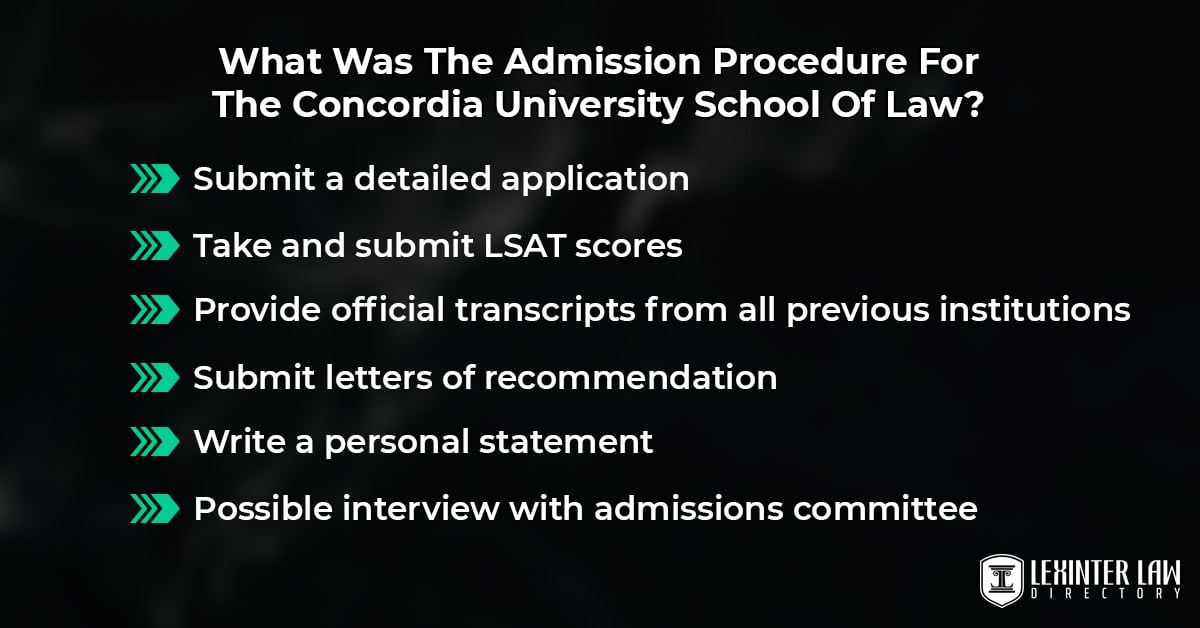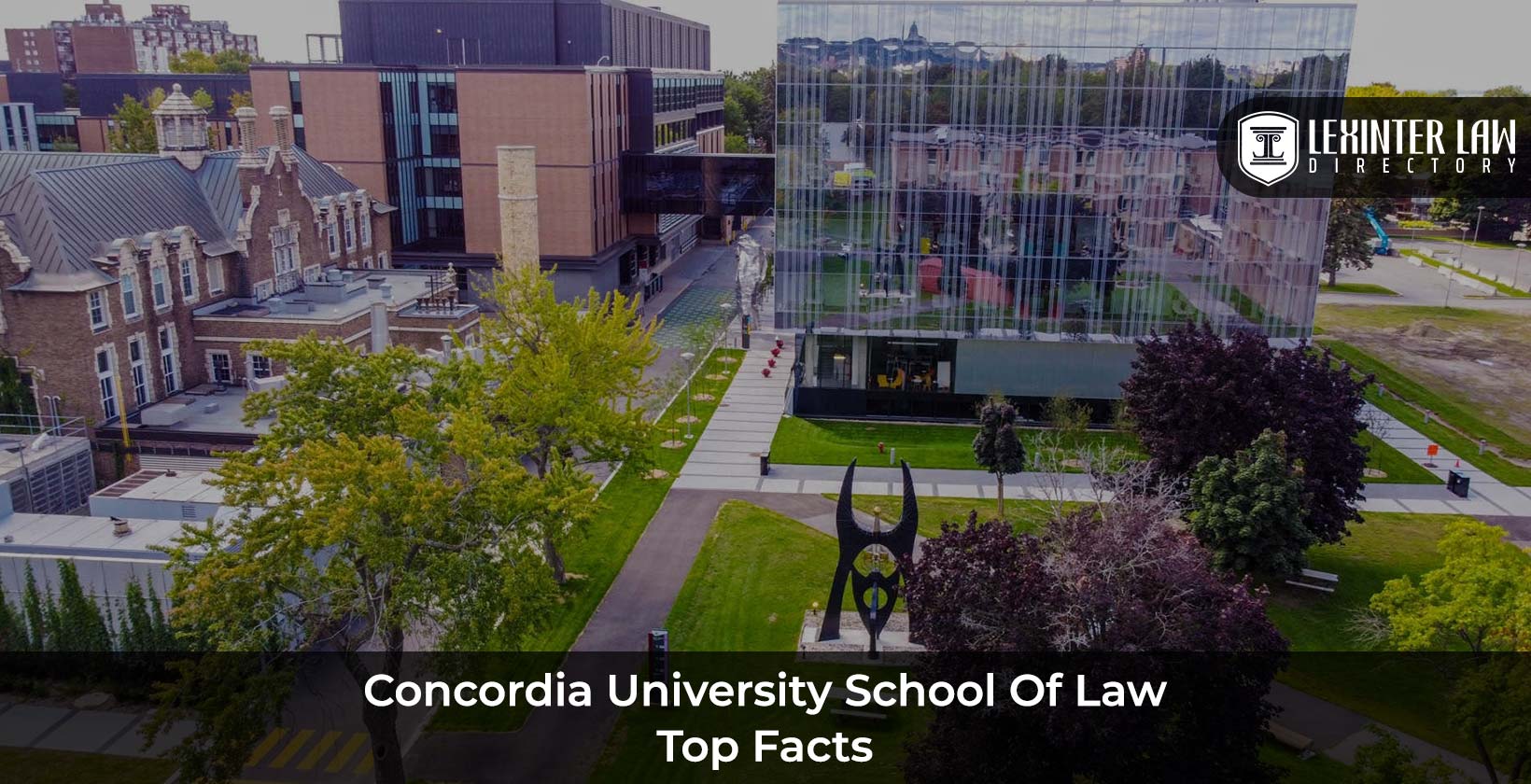Concordia University School Of Law: Top Facts
Concordia University School of Law, based in Boise, Idaho, was a private law school that opened in 2012 and remained the state’s only law school for several years. It offered innovative programs, including a Juris Doctor (JD), Master of Science in Legal Studies (MSLS), and various certificate options. Known for its commitment to practice-ready legal education, the school attracted aspiring attorneys across the region. However, due to institutional challenges, Concordia Law permanently closed in 2020, marking the end of its brief but impactful presence in Idaho’s legal and academic landscape.
Table of Contents
- Essential Facts Regarding Concordia University School Of Law
- Does Concordia University Have A Law Program?
- Was Concordia Law School Accredited?
- What Was The Concordia University School Of Law Acceptance Rate?
- What Was The Admission Procedure For The Concordia University School Of Law?
- What Facilities Did Concordia University School Of Law Offer?
- Was Concordia A Good Law School?
- What Was The Concordia University School Of Law Ranking?
- Conclusion
Essential Facts Regarding Concordia University School Of Law
Let’s look at some queries regarding Concordia University School of Law.
Does Concordia University Have A Law Program?
No, Concordia University no longer has a law program. Concordia University School of Law, once a private law school located in Boise, Idaho, was established in 2012 and offered a Juris Doctor (JD), Master of Science in Legal Studies (MSLS), and various diploma and certificate programs. It was the only law school in the state and gained attention for its student-focused legal education. However, due to financial and administrative challenges faced by its parent institution, the law school permanently closed in 2020, and its programs are no longer available.
Was Concordia Law School Accredited?
Yes, Concordia University School of Law was accredited before it closed in 2020. The American Bar Association (ABA) granted the school full accreditation in 2020, shortly before its closure, recognizing its compliance with national standards for legal education. Additionally, it was institutionally accredited by the Northwest Commission on Colleges and Universities (NWCCU), a U.S. Department of Education-recognized regional accreditor. While the school no longer operates, these accreditations confirmed that Concordia Law met rigorous academic and professional standards during its years of operation.
What Was The Concordia University School Of Law Acceptance Rate?
Prior to its closure, Concordia University School of Law had an acceptance rate of approximately 68%, based on data reported by the American Bar Association (ABA) in 2020. This means that about two-thirds of applicants were offered admission. The acceptance rate reflected both the competitiveness and accessibility of the school’s programs. However, as the Concordia Law School ceased operations in 2020, no new applications are being accepted, and the school is no longer included in current legal education rankings or admissions reports.
What Was The Admission Procedure For The Concordia University School Of Law?

Before its closure in 2020, the admission process at Concordia University School of Law involved several steps. Applicants were required to submit a detailed application including personal information, academic history, LSAT scores, work experience, and letters of recommendation. Official transcripts from all previously attended institutions were also mandatory. A personal statement outlining the applicant’s motivation for studying law and future goals was typically required.
Candidates needed to take the Law School Admission Test (LSAT) and submit scores directly to the school. Some applicants were invited for interviews with the admissions committee members. Once all materials were reviewed, the panel made admission decisions. Accepted students would then submit a seat deposit to confirm enrollment. While Concordia Law is no longer accepting applicants, this process reflected its commitment to a thorough and student-centered admissions approach during its years of operation.
Read a related blog about the Insights Of University Of Idaho College Of Law.
What Facilities Did Concordia University School Of Law Offer?
Before closing in 2020, Concordia University School of Law offered a range of facilities and resources designed to support both student learning and faculty development. The school featured a modern law library equipped with extensive legal research tools and digital databases. Its spacious classrooms and a fully functional mock courtroom were designed to facilitate active learning, trial practice, and legal simulations. The Student Services Office provided academic advising, career development support, and wellness resources. Concordia Law also offered medical-legal partnerships and externship programs, giving students practical experience through client-centered work with real attorneys. These facilities reflected the school’s mission to create a dynamic and practice-ready legal education environment during its operational years.
Interested to know about Lewis And Clark Law School? Here are the Crucial Facts about Lewis And Clark Law School.
Was Concordia A Good Law School?
Concordia University School of Law quickly earned a strong reputation during its years of operation for its focus on practical legal education and student-centered learning. Graduates experienced notable success across various legal fields, supported by the school’s high bar passage rates, which often exceeded the state average. The law school was known for its small class sizes and dedicated faculty, creating an environment where students received individualized attention and mentorship. Though the school closed in 2020, it is still remembered as the best law schools in Idaho that helped lay the groundwork for many successful legal careers.
What Was The Concordia University School Of Law Ranking?
As a relatively new law school that ceased operations in 2020, Concordia University School of Law was not ranked by major outlets like U.S. News & World Report or The Princeton Review. However, the school did receive recognition from other respected sources. PreLaw Magazine included Concordia among the Top 50 most innovative law schools in the U.S. in 2021, and The National Jurist highlighted it in its 2020 list of best schools for practical legal training. While Concordia Law is no longer active, these accolades reflected its commitment to innovation and real-world readiness during its years of operation.
Conclusion
Concordia University School of Law made a notable impact on legal education in Idaho during its brief but meaningful existence. The institution gained recognition in the field of legal education for its emphasis on innovation, practical training, and student-centered learning, offering aspiring legal professionals a strong foundation. With small class sizes and a dedicated faculty, Concordia Law created an environment that supported both academic and professional growth. Although the school closed in 2020, its legacy continues through the achievements of its alumni and the influence it had on legal education in the region. We hope this article has offered valuable insight into the history and contributions of Concordia University School of Law.
Are you interested to know about the Insights Of the University Of Arizona Law School? Read the blog about the University of Arizona Law School.

